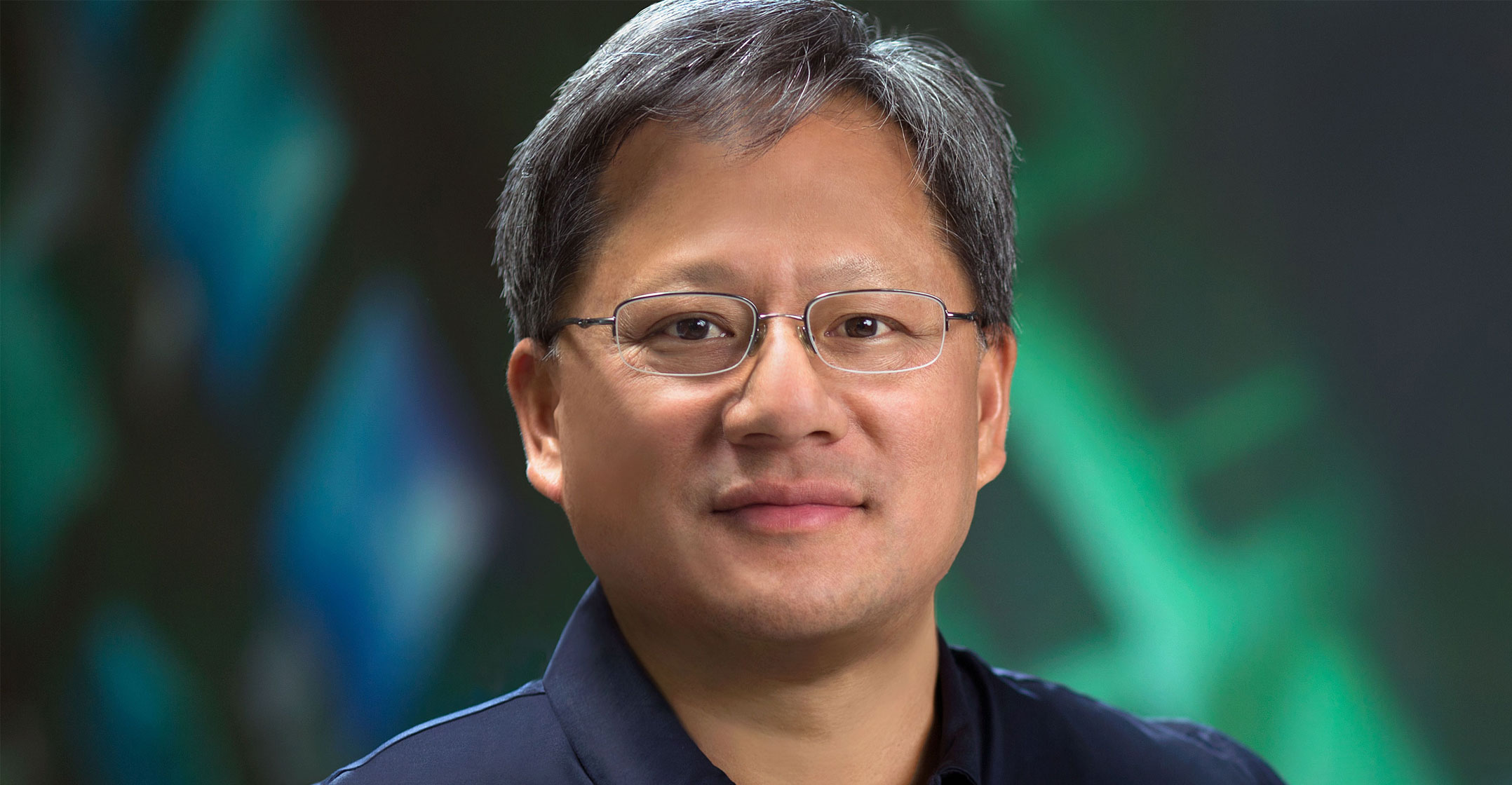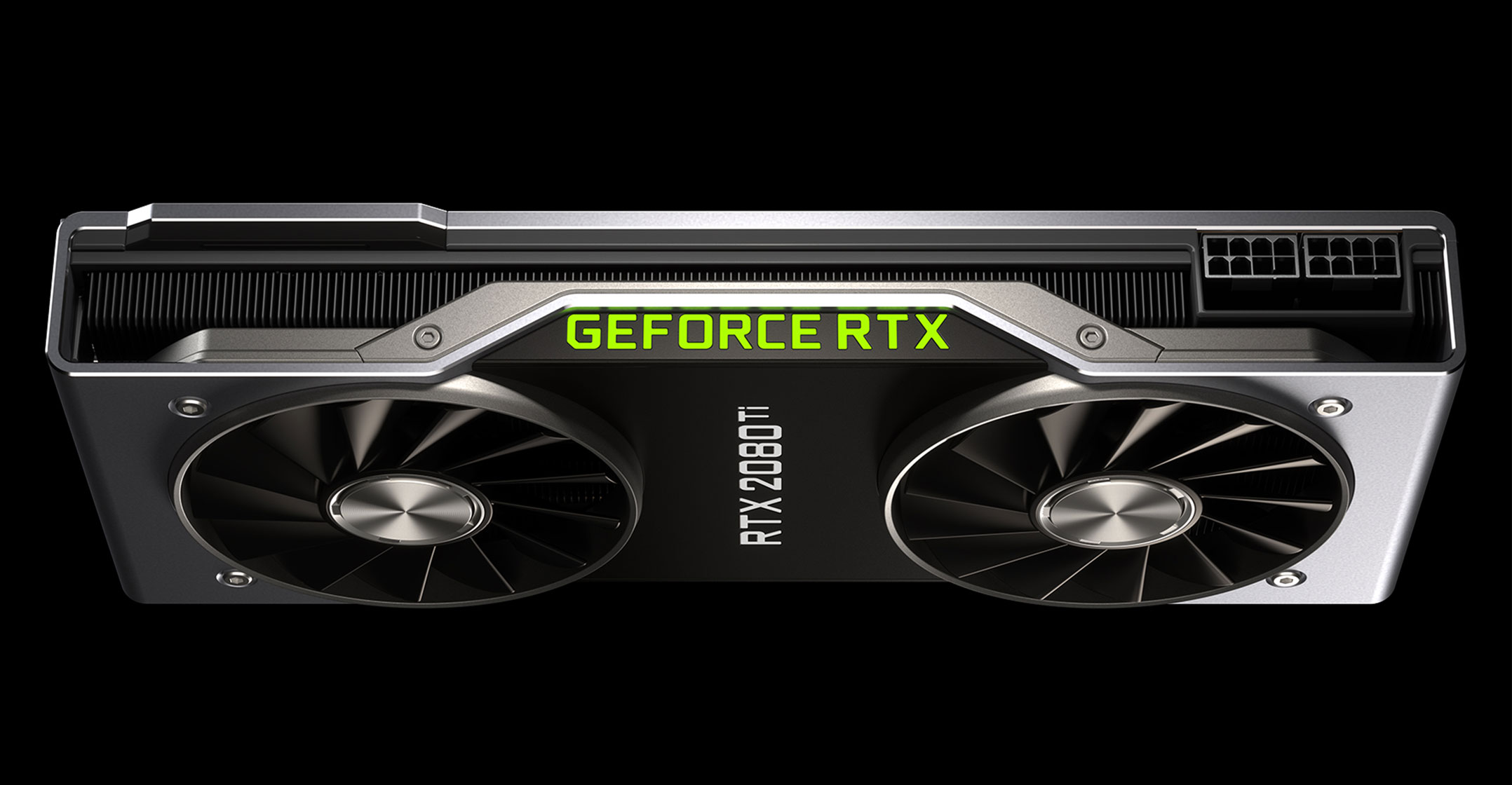
Nvidia will buy UK-based chip designer ARM from Japan’s SoftBank Group for as much as US$40-billion, the companies said on Monday, in a deal set to reshape the global semiconductor landscape.
The sale puts a vital supplier to Apple and others across the industry under the control of a single player and will face potential pushback from regulators and rivals to Nvidia, the biggest US chip company by market capitalisation.
For Softbank, the sale marks an early exit from ARM, just four years after the technology group’s $32-billion acquisition. CEO Masayoshi Son has lionised the potential of ARM but is slashing his stakes in major assets to raise cash.
The move comes as SoftBank executives, frustrated at the group’s share performance, have held early stage talks about taking the Japanese technology group private, according to a source. Those talks could gain momentum following the ARM sale. SoftBank’s shares soared 10% in Tokyo.
Nvidia will pay SoftBank $21.5-billion in shares and $12-billion in cash, including $2-billion on signing. The deal will see SoftBank and its $100-billion Vision Fund, which has a 25% stake in ARM, take a stake in Nvidia of between 6.7% and 8.1%.
‘Genuinely alternative’
Nvidia CEO Jensen Huang said the deal, which will boost his firm in data centre chips, was “pro competition”. It marked “the first time in history the industry could see something that is genuinely alternative” to Intel’s domination of the sector, he said.
With potential pushback looming, Taiwan-born Huang emphasised he will retain ARM’s neutral licensing model and expand it by licensing out Nvidia intellectual property for the first time.
Nvidia said it will license its flagship graphical processor unit through ARM’s network of silicon partners. It will build chips for devices like self-driving cars but also make its technology available for others.

The companies did not discuss the deal with the British government until shortly before the announcement because the talks were secret, Huang said. A new artificial intelligence research centre will be built at ARM’s Cambridge headquarters.
“Cambridge is going to be a site of growth,” Huang said.
ARM does not make chips but has created an instruction set architecture — the most fundamental intellectual property that underpins computing chips — on which it bases designs for computing cores.
ARM licenses its chip designs and technology to customers like Qualcomm, Apple and Samsung Electronics. Apple’s forthcoming Mac computers will use Arm-based chips.
ARM will not become subject to US export controls under the deal, said Huang.
The purchase, which is subject to regulatory approvals including in Britain, the US and China, is likely to come under close scrutiny in China, where thousands of companies from Huawei to small start-ups use ARM technology.
Nvidia will take control of the minority stake in joint venture ARM China. ARM is in dispute with the venture, which licenses chip architecture to local companies, over its management.
Co-founded by Huang, who has a penchant for leather jackets and an Nvidia arm tattoo, the firm began as a graphics chip designer but has expanded aggressively into products for areas including artificial intelligence and data centres.
Data centre market
The ARM acquisition will put Nvidia into even more intense competition with rivals in the data centre chip market such as Intel and AMD because ARM has been developing technology to compete with their chips.
In what would amount to a direct challenge to those rivals, Huang said it is “possible” Nvidia will build its own server chips based on ARM designs.
Nvidia is buying up technologies in parts of the booming data centre business where it does not currently play.
In April, it completed the purchase of Israel-based Mellanox, which makes high-speed networking technology that is used in data centres and supercomputers.
The ARM deal is expected to close by March 2022. — Reported by Sam Nussey, Stephen Nellis and Munsif Vengattil, (c) 2020 Reuters




